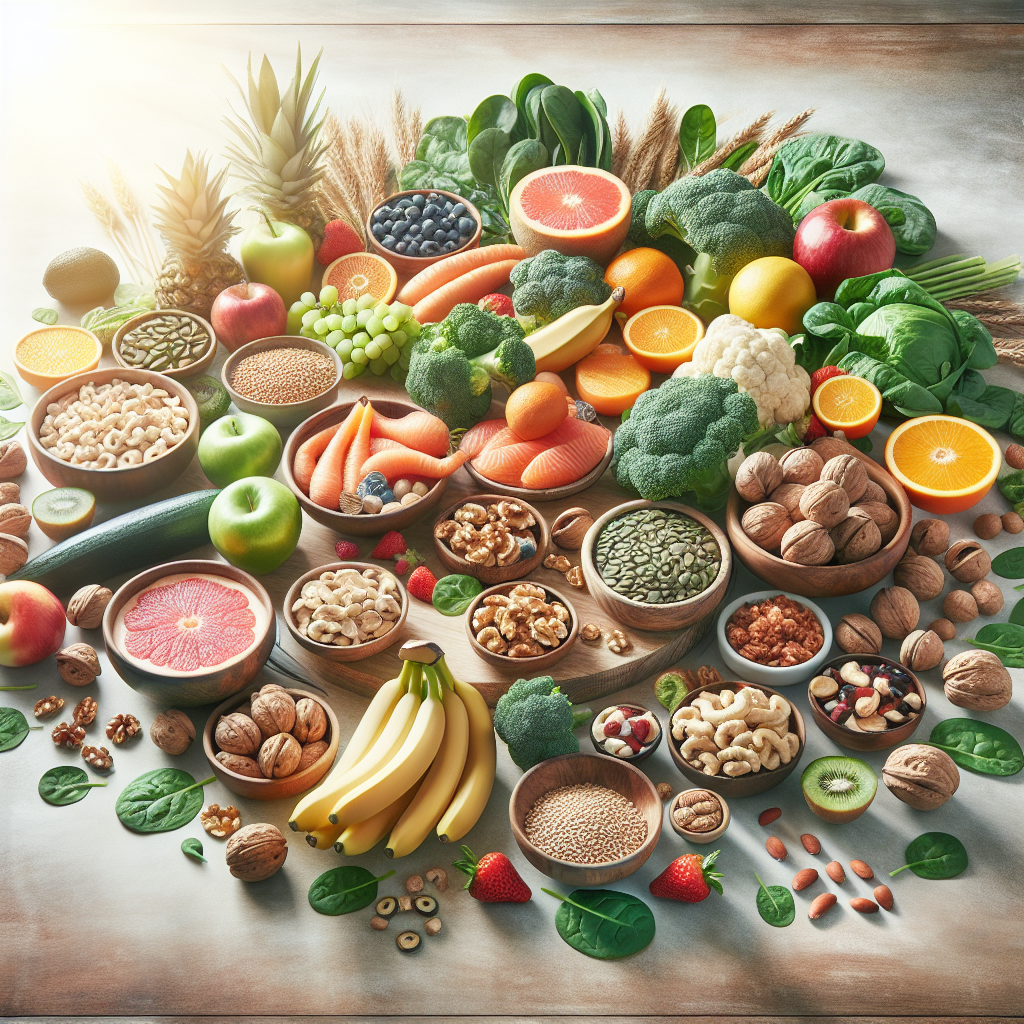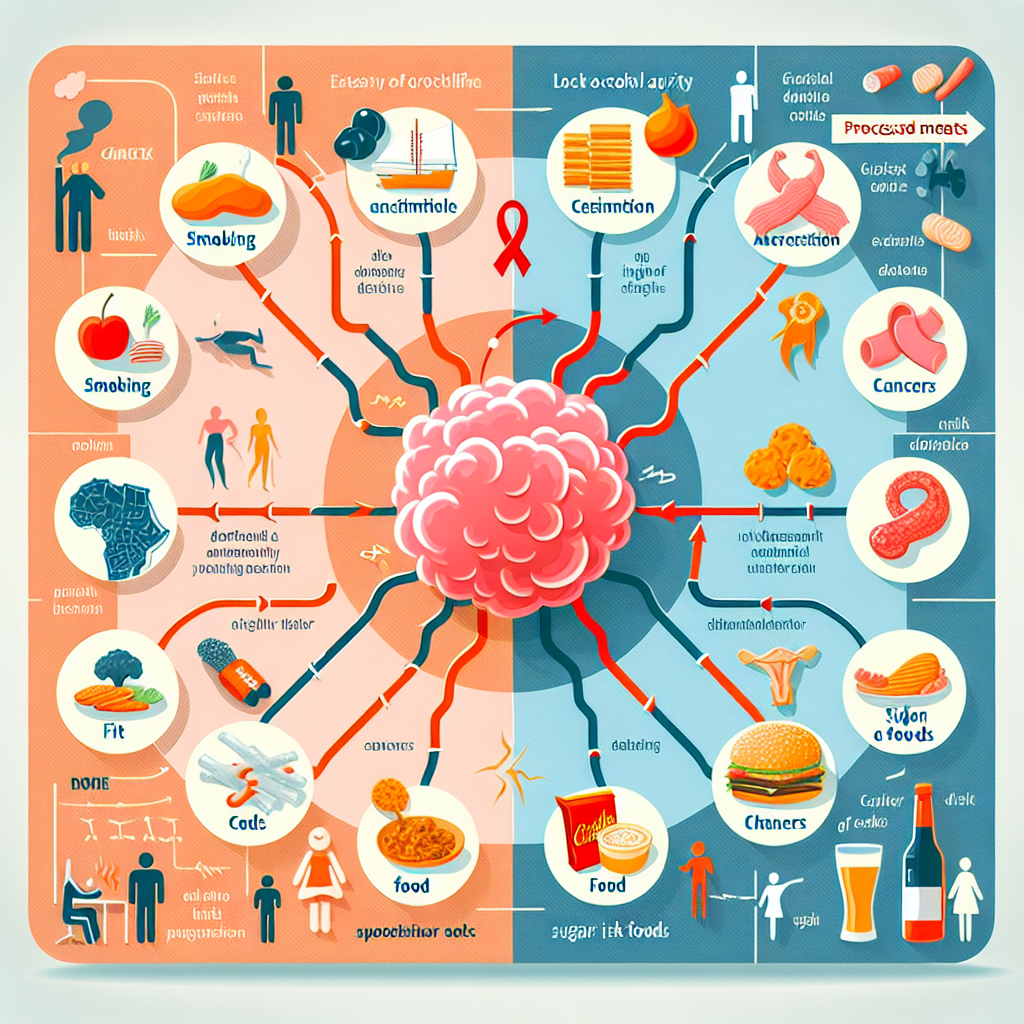Powerful Foods to Naturally Enhance Male Fertility
1. Introduction to Male Fertility
Male fertility plays a significant role in conception, yet many men are unaware of how lifestyle choices and diet can substantially impact their reproductive health. Infertility affects approximately 15% of couples trying to conceive, according to the World Health Organization. Among these, male factors contribute to about 40-50% of infertility cases. Therefore, understanding which foods can enhance fertility for men is vital for those seeking to improve their reproductive capabilities naturally.
2. The Role of Antioxidants
Antioxidants are crucial for protecting sperm from oxidative stress, which can damage spermatozoa. Foods rich in antioxidants can improve sperm quality, count, and motility. A study published in the “American Journal of Epidemiology” found that men with high levels of antioxidants in their diets were more likely to have high-quality sperm. Fruits and vegetables such as berries, spinach, and nuts are excellent sources of antioxidants. Including these foods in your daily meals can support male fertility by combatting oxidative damage.
3. Incorporating Omega-3 Fatty Acids
Omega-3 fatty acids are essential fats that play a vital role in various bodily functions, including hormone production, which is relevant for male fertility. A study from the “Journal of Nutrition” revealed that men who consumed higher amounts of Omega-3s had improved sperm motility and morphology. Foods such as fatty fish (like salmon and mackerel), walnuts, and flaxseeds are excellent sources of Omega-3 fatty acids. Including these foods a few times a week could enhance sperm health and overall fertility.
4. Zinc’s Importance in Sperm Production
Zinc is a crucial mineral for male reproductive health. It is involved in testosterone production and is vital for the development of sperm. Research indicates that zinc deficiency can lead to decreased testosterone levels and poor sperm morphology. Foods rich in zinc include oysters, beef, pumpkin seeds, and lentils. Incorporating these foods into your diet could help in maintaining optimal testosterone levels and improving sperm production.
5. Vitamin D Levels and Fertility
Vitamin D plays a crucial role in enhancing male fertility. Low vitamin D levels have been linked to low testosterone levels and reduced fertility. A study from the “Journal of Andrology” indicated that men with sufficient vitamin D levels had a significantly higher sperm count and testosterone levels than those with a deficiency. Sun exposure is essential for vitamin D synthesis; however, dietary sources like fatty fish, cheese, and fortified foods can also help boost vitamin D levels. Considering vitamin D-rich foods or supplements may be beneficial for men looking to enhance fertility.
6. The Role of Folate in Sperm Health
Folate, a type of B vitamin, is known for its crucial role in DNA synthesis and repair. Adequate folate levels are essential for producing healthy sperm. Studies suggest that men with higher folate levels tend to have better sperm quality. Foods such as leafy greens, beans, peas, and fortified cereals are excellent sources of folate. Including these in daily meals not only supports overall health but can also enhance male reproductive health and fertility.
7. Moderating Alcohol and Caffeine Intake
Excessive consumption of alcohol and caffeine can negatively impact male fertility. Research indicates that heavy drinking can lead to lower testosterone levels and poor sperm quality. A meta-analysis in “Reproductive Biology and Endocrinology” found that men who consumed alcohol excessively faced infertility issues more frequently than moderate drinkers. Similarly, high caffeine intake has been associated with reproductive issues; moderation is crucial. Limiting alcohol intake to moderate levels and keeping caffeine to a minimum could address potential fertility issues.
8. Emphasizing Whole Foods and Balanced Diet
Adopting a balanced diet rich in whole foods is essential for improving fertility naturally. Foods rich in whole grains, healthy fats, fruits, and vegetables provide the nutrients essential for optimal reproductive health. A study conducted by Harvard University found that a diet comprising predominantly plant-based foods correlates with better sperm quality. Limiting processed foods, sugars, and trans fats can also improve overall health and positively influence male fertility.
9. Staying Hydrated
Hydration is often overlooked but is vital for maintaining good health, including reproductive health. Dehydration can lead to reduced blood volume and can affect sperm production. A study highlighted in “Fertility and Sterility” found that osmotic stress can negatively affect spermatogenesis, the process of sperm production. Drinking enough water and staying hydrated can influence reproductive health positively. Aim for at least 8 glasses of water per day, ensuring adequate hydration for optimal body function.
10. Conclusion: A Holistic Approach to Male Fertility
Improving male fertility naturally requires a holistic approach, focusing on diet, lifestyle, and overall health. Incorporating antioxidant-rich foods, omega-3 fatty acids, zinc, vitamin D, folate, and maintaining hydration can positively impact sperm quality and overall reproductive health. Making simple changes in diet and moderating harmful substances can help men improve their fertility naturally. It is essential to remember that seeking medical advice is always a good practice when facing fertility challenges.
By adopting these dietary strategies and maintaining a healthy lifestyle, individuals can significantly enhance their chances of conception, paving the way for a healthier family.




Post Comment